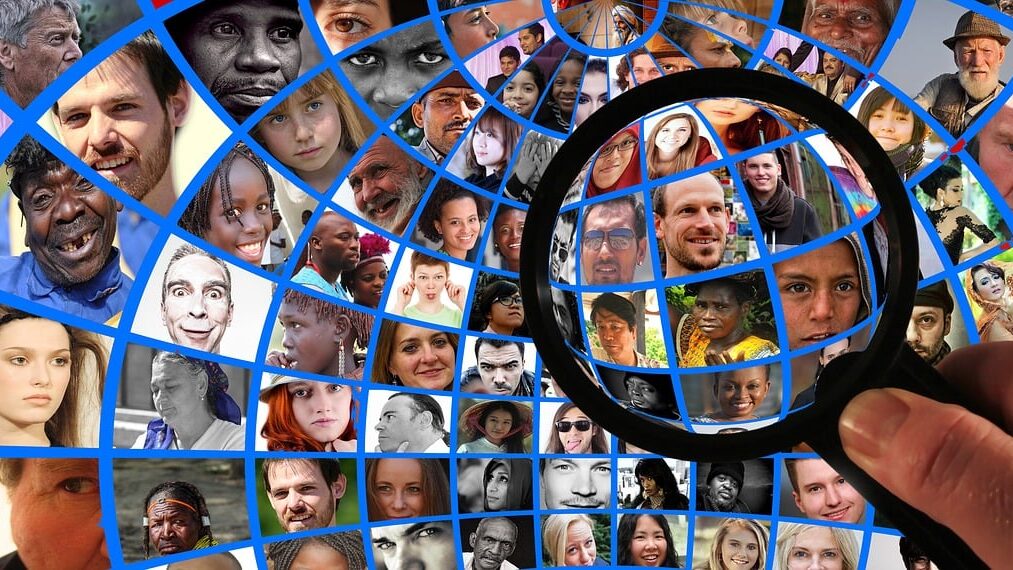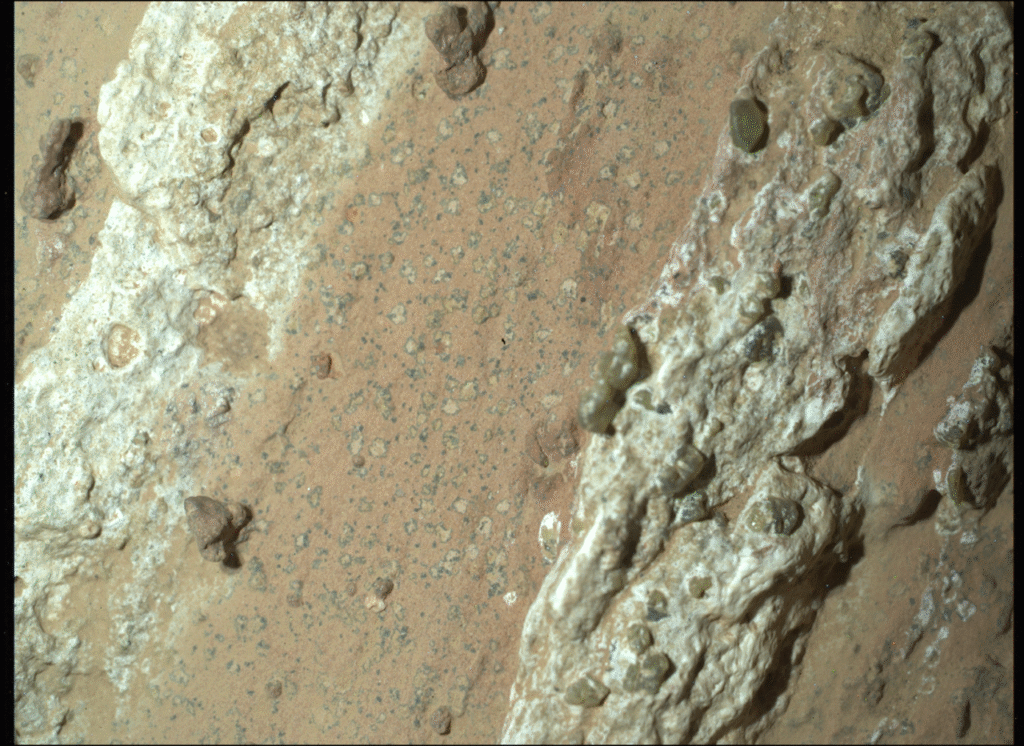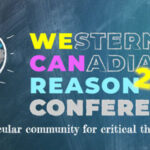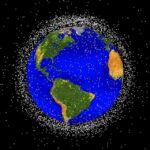
Science Under Fire
The rise of conspiracy theories in science reflects a growing distrust of experts, fueled by social media. This trend complicates public understanding and undermines legitimate scientific discourse.

Help Fix Religion in Canada’s 2031 Census
Canada’s census inflates religious numbers, skewing public policy and funding. CFIC wants the 2031 census to fix this — and they’re forming a task force to make it happen. Interested? Here’s how you can get involved.
WeCanReason Webinar – Strategies for Solving Mysteries Video Released
“Strategies for Solving Mysteries” delves into a few of the investigative techniques Kenny Biddle uses while researching/investigating claims and also spends some time talking about “Trained Observers” and the weight of their testimony concerning strange experiences.

Ready for Anything: Build Your First Aid Kit
A well-stocked first aid kit can save you time and stress. This guide offers essential tips to prepare your home for minor injuries and emergencies.

Is There Life Beyond Earth?
NASA has released peer-reviewed evidence that hints at extraterrestrial life, leaving many experts puzzled. This discovery could change everything we know about life beyond our planet.

Finding Support Beyond Faith: Join Life Without Religion
Are you struggling with the challenges of leaving a religion or dealing with conflicts stemming from religious influences in your life? Life Without Religion is a peer support group created specifically for individuals like you. We understand how isolating this journey can feel, and we’re here to offer a safe, understanding space where you can connect with others who share similar experiences.

The Risks of Stem Cell Clinics
Stay informed about fraudulent stem cell clinics and their overhyped claims. Understanding the reality of stem cell therapies is essential for your health decisions.

WeCanReason Speakers’ Weekly Update
Catch up with what our speakers did last week

When Good Intentions Go Wrong
A shrub meant to combat hunger in Kenya is now harming local farms, showing how progress can sometimes lead to unforeseen challenges. Discover the complexities behind this agricultural dilemma.

See what leaders in science, secularism, critical thinking, and skepticism did last week
Here's a little of what secularists, skeptics, atheists, and scientists did last week







